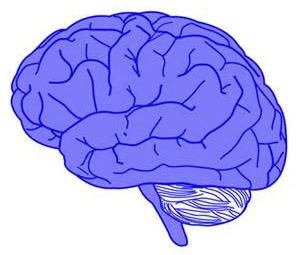Stanford University School of Medicine scientists have identified a brain circuit that’s indispensable to the sleep-wake cycle. This same circuit is also a key component of the reward system, an archipelago of interconnected brain clusters crucial to promoting behavior necessary for animals, including humans, to survive and reproduce.
It makes intuitive sense that the reward system, which motivates goal-directed behaviors such as fleeing from predators or looking for food, and our sleep-wake cycle would coordinate with one another at some point. You can’t seek food in your sleep, unless you’re an adept sleepwalker. Conversely, getting out of bed is a lot easier when you’re excited about the day ahead of you.
But until this study, no precise anatomical location for this integration of the brain’s reward and arousal systems has been pinpointed, said Luis de Lecea, PhD, professor of psychiatry and behavioral sciences.
